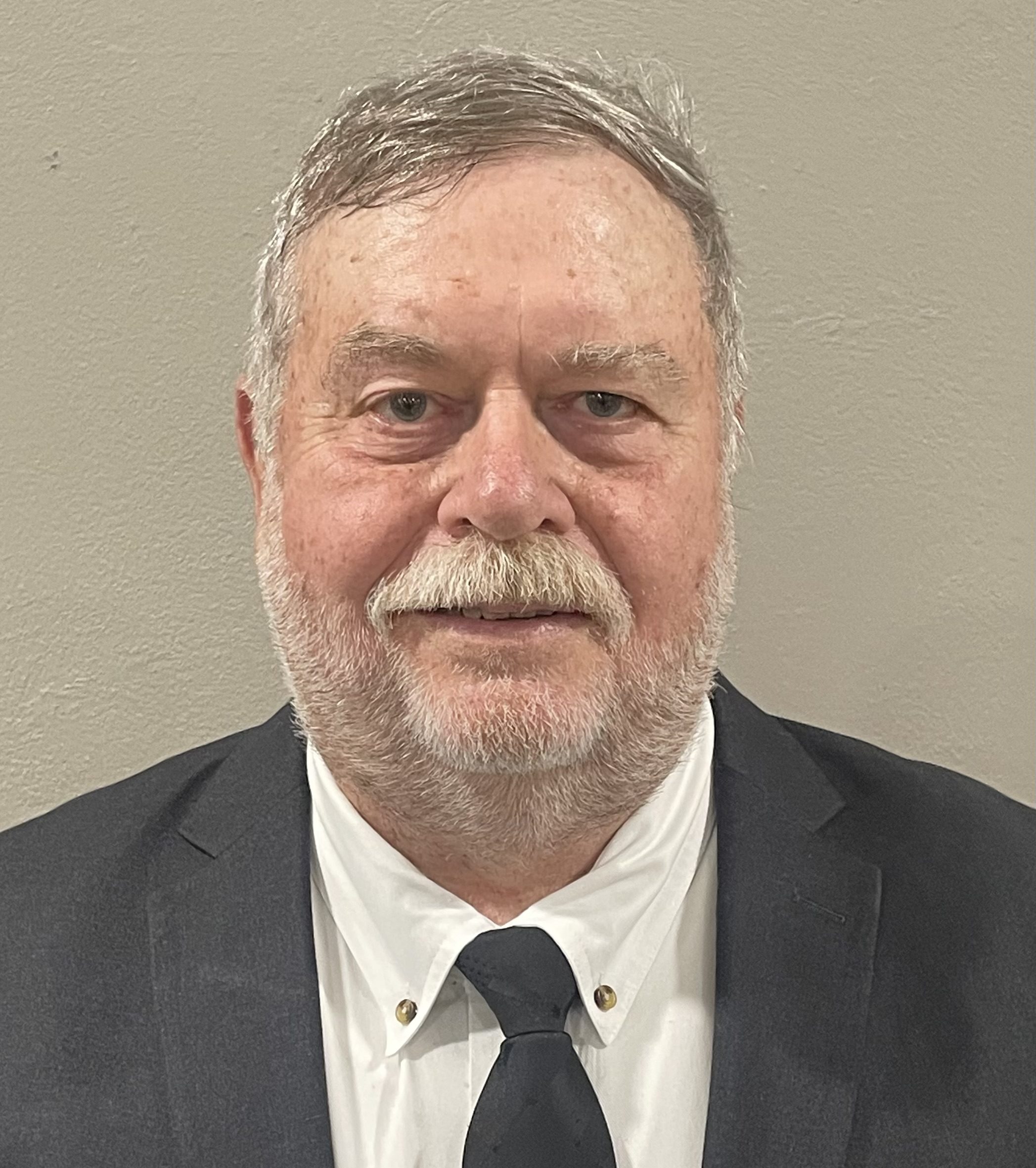Dean Faulkner Wells, baseball, freedom and the summer of ‘76
Published 6:00 am Sunday, August 7, 2016
My memories of the bicentennial summer of 1976 are mostly a time-brushed smear that ends up a bit like blackberry jam.
Forty years mashed up can get jellied like that. The flavors and colors are still vivid, but only small specific specks of memories are there, spread throughout and not in large numbers.
Memories of pedaling the streets of Oxford mid-morning to long after sundown most days as a pack of 11-year-olds, exploring our new-found freedom to go wherever our bicycles and legs could get us, stands out.
Trending
So do sunburned afternoons at the Ole Miss pool, chilled cartons of Jungle Juice from Fudge’s Grocery on the Oxford Square, hard pedals up Fillmore, dangerous bike sprints down Price hill, and afternoons of sandlot baseball in the backyards of kind neighbors who let us play in our fields of dreams.
We bought gum at Blaylock’s and Leslie’s drug stores with 1976 bicentennial quarters and imagined what it might be like to have new, faster bikes we peered at in windows of the Western Auto.
About the only organization in our lives that great American summer was youth baseball.
That much, I remember.
Most of us played in the Oxford Civic League, a collection of teams with names like Civitan, Rotary, Jaycees and Kiwanis. The baseball was the most competitive in the area and it’s where all your friends most every night of the week, so you never really thought about playing anywhere else.
Unless you were African American or your name was Jon Mallard.
Trending
African Americans were not allowed in the civic league, though I am not sure we really knew that. It just happened that way, we figured. Public schools had not been integrated for too many years and private youth leagues like this were not unusual in the South, wrong as they may have been.
We just thought it was where baseball was played, and so we played.
Jon Mallard and his mother, Dean Faulkner Wells, knew different, though. The late Faulkner Wells, who died in 2011 and was the noted writer William Faulkner’s niece, had what one could call a liberal conscience for her time, especially in the Deep South.
She was Oxford’s first hippie, and her longtime friend Ron Shapiro won’t debate on that. (He was number two.)
So we all went to play baseball summer nights at the civic league, but Jon signed up for baseball at the Oxford Park Commission, which only fielded a couple of teams in the 9 and 10 age group that year since most of the other players were in the civic league, which fielded multiple teams.
Jon played for the Cardinals in the OPC, and most players on his team were African American.
“Why do you want to play there?” we asked Jon, suggesting that the games he played minus friends he ran with during the day couldn’t be as much fun.
“Why wouldn’t I want to play there?” he said in response.
Jon revealed that summer of freedom that his mother had only given one option for playing baseball, and that was in the struggling OPC baseball program. Play there, she said, or don’t play at all.
Her reasoning was simply, that’s where the best players play, so end of discussion.
“Why would you want to play anywhere else?”
She and Jon made no big political statement, with words or explanation, anyway. Instead, they walked softly to registration in the other league, carrying a big social stick.
Eventually time leveled the field and the civic league went away, joining all together in the Oxford Park Commission for summer baseball fully integrated, as it should have been.
We had some good times in our games, despite the split. It was just summer baseball to us, and summer baseball to 11-year-olds is pretty good under most any circumstances. But Dean Faulkner Wells and my friend Jon had a better understanding of what freedom really meant that bicentennial summer.
And that memory remains, clear and sweet.
David Magee is Publisher of The Oxford EAGLE. He can be reached at david.magee@oxfordeagle.com.





